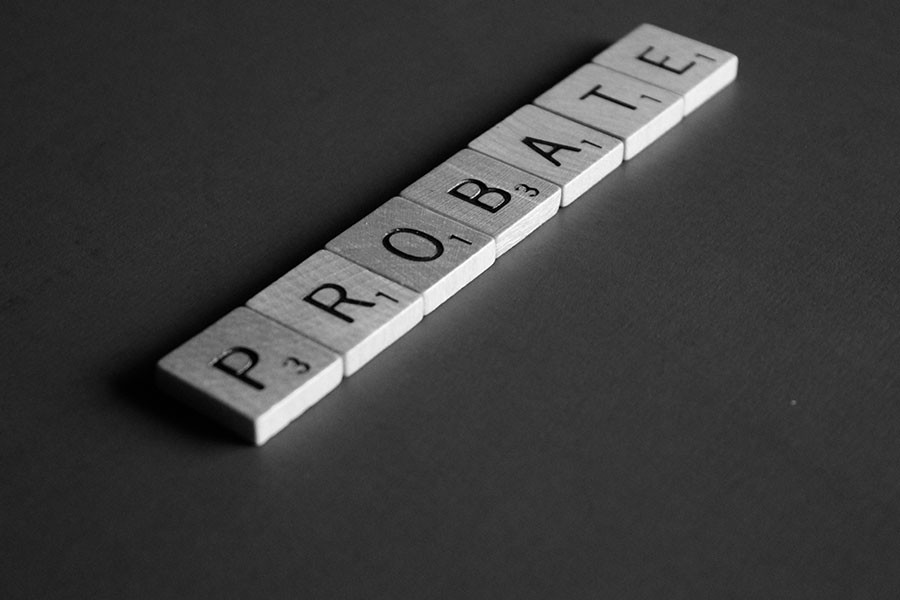29.01.2024
Do I require both a Living Will and a Lasting Power of Attorney (LPA)?
A Living Will, also known as an Advance Decision, lets you decline specific...

Following the passing of an individual, their appointed personal representative is typically required to apply for a legal authorisation, known as a Grant of Probate or, in the absence of a Will, Grant of Letters of Representation. This authority empowers them to administer and conclude the deceased's estate.
Assessing the Need for Probate
The necessity of probate is contingent on the estate's size. In cases of smaller estates, probate may not be imperative. Each bank has a unique threshold, ranging from £5,000 to £50,000, above which a Grant of Probate is mandated for account closure. Probate is generally indispensable if the deceased owned property intended for sale.
Registration and Certified Copies
If probate is deemed necessary, a structured process precedes the application to the Probate Registry. Initially, the death must be registered within five days. It is advisable to procure extra certified copies of the death certificate, often required by asset holders before releasing funds.
Detailed Assessment of Assets and Liabilities
The subsequent step involves an exhaustive assessment of the estate's assets and liabilities to ascertain their value. This process may be intricate for estates with substantial holdings. Contacting various asset holders, such as banks, building societies, stockbrokers, fund managers, pension providers, HM Revenue & Customs, lenders, and other relevant entities is essential. If the deceased owned property, a valuation is imperative.
Consideration of Gifts and Inheritance Tax
Inclusive of the estate's value are any cash gifts made by the deceased in the preceding seven years. The payable Inheritance Tax is calculated on a sliding scale, contingent upon the time since these gifts were made.
Documentation and Inheritance Tax Relief
To apply for probate, completion of the probate application form and an Inheritance Tax form stating the estate's value is requisite. Consideration of any Inheritance Tax relief the deceased was entitled to, such as unused allowances from a predeceased spouse, is vital.
Probate Fee and Payment
Accompanying the application is the probate fee, and once accepted, settling Inheritance Tax becomes a priority. Payment can often be facilitated through one of the deceased's bank accounts, provided the relevant form indicating the amount due is provided. Alternatively, HM Revenue & Customs may accept payment in instalments.
Efficient Estate Settlement
The winding-up process of an estate, particularly if property sale is involved, can be a protracted endeavour. Obtaining probate promptly is advantageous as it initiates the necessary procedures, enabling the closure of accounts and the systematic collection of assets.
In essence, the timely acquisition of probate serves as a catalyst for the efficient resolution of the deceased person's affairs. Understanding the intricate steps involved in the probate process empowers personal representatives to navigate this crucial aspect of estate settlement.
Contact us today at admin@crusewillwriting.co.uk or call 01929 408113 to schedule a consultation or just to have a quick chat to see if we can be of any help.